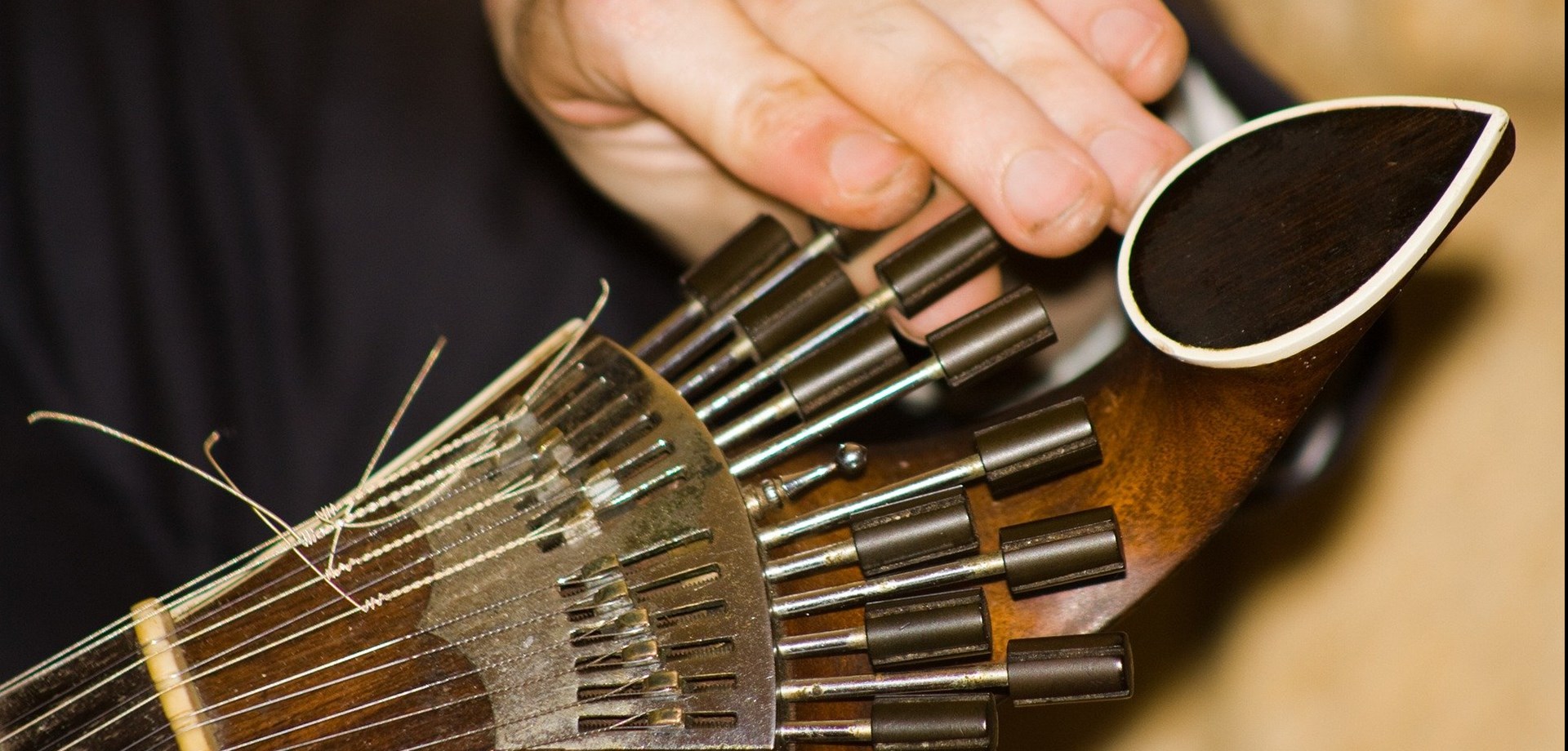Fado is the musical expression of Lisbon's soul. - History of Fado
12 July 2022

History of Fado
More than a musical style, Fado is a way of living and feeling.
All Portuguese feel Fado. It's typically ours. We may not always be able to explain it, because it is something innate, born with us.
But we always know when we feel it. They are Portugal's heritages, Fado and saudade, which go hand in hand.
Fado, for a Portuguese, is more than music. That's why it's so exciting and chilling to remember Amália singing or listening to Mariza, these days .
Fado is a heritage of humanity and a heritage of all. And today, to honor Fado, we tell its story
It's no use explaining fado. Those who tried, got lost in contradictory references and dates and did not find their trace. Some say that it was born from the Moorish songs, among the people who founded the neighborhood of Mouraria, in Lisbon, after the Christian reconquest. Others believe that it came to replace the medieval gesta song, although it is also speculated whether it did not evolve from the modinha, popular in the eighteenth and nineteenth centuries, and resulted in a fusion with the lundu, of Angolan origin. Do you really want to know the origin of fado? For what, if the mystery gets so well for you? Listen to it, preferably in its habitat, which is in the streets of typical Lisbon neighborhoods, and let yourself be lost with it, in guitar improvisations. That's how he finds it.
Fado is a word that comes from Latin and means "destiny". To have at the root something as dense and grave as fate marked his character. That is why he likes so much to sing strong emotions, loves and disloves, betrayals, jealousies, revenges and misfortunes. But, contrary to what they claim, fado is not always sad. So often cheeky and bohemian, he knows how to sing the grace of his people: the varinas, the sailors, the vagrants, the gaiatas, in short, the whole movement of Lisbon.
The only certainty that exists in relation to the origins of fado is that it was born in the heart of this city, the result of a broth of culture that mixes Moors with seapeople. Hence the courtship caught with its centennial neighborhoods and its alleys of Moorish moth descending the slopes to the pier.
Although popular, the song of Lisbon also seduced the bohemian aristocracy, in such a way that the history of fado is part of the myth of the love involvement of an aristocrat, the Count of Vimioso, with Maria Severa Onofriana (1820-1846), a harlot consecrated for her singing skills. This legend is about many fados and even a novel was written about it.
The oldest fado is the "sailor's fado", which was the model for all the others. From this common root came several paths, which resulted in different styles: fado castiço, fado aristocrat, fado corrido, fado bohemio are some of the facets of this old Lisbon toada.
Until the habit of listening to fado in specialty houses was institutionalized, the song of Lisbon ran free through the mouths of amateur artists. Only from the 30s the fado houses emerged in force, especially in Bairro Alto. This evolution has moved him away from improvisation, but not enough to end once and for all with the taverns where spontaneous performances follow each other to the flavor of the inspiration of the moment.
The first discographic records produced in Portugal date from the dawn of the twentieth century, but the national market at this time was still very incipient and the international was completely unaware of the strange and sweet Lisbon tune.
The golden age of fado begins in the 40s. From that decade until the 60s talents multiply and stars of the first magnitude are born, such as Amália, who finally take fado to the four corners of the world, consecrating it in the World Music circuits.
In more recent years a new generation of fado singers and instrumentalists has brought to fado fusion sounds that, without altering its character, confer unsuspected facets. In November 2011 fado was declared by Unesco Intangible Cultural Heritage of Humanity. And the story of fado, of course, doesn't end here...


